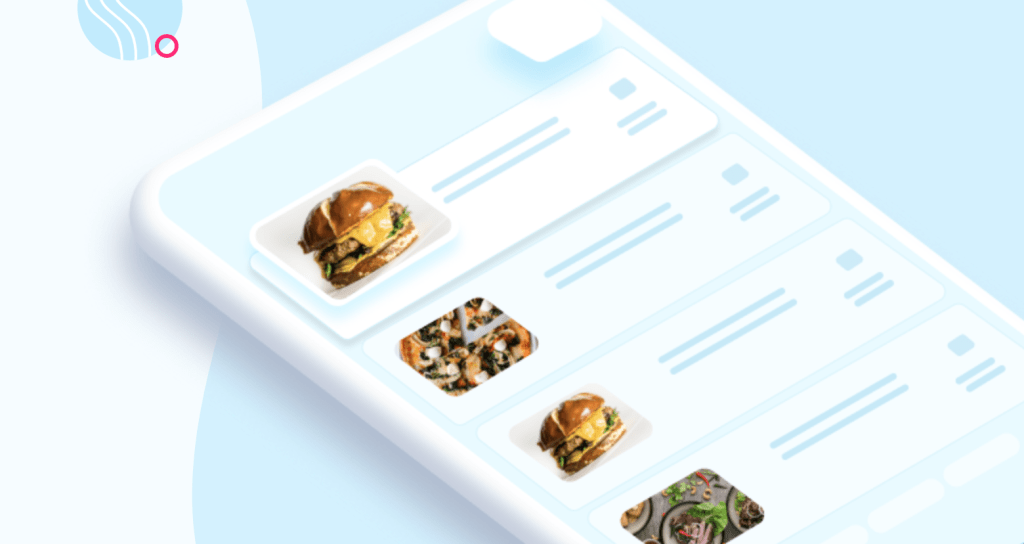How are you all doing out there? I’m starting to get into a bit of a weekend routine: walk, bake bread (then Instagram it, of course), read, sleep. And read food tech news, of course. This week we’ve got stories on Nestlé’s new blockchain application, Chilean plant-based food startup NotCo’s layoffs, and Uber’s plans to expand Eats for Business globally. Enjoy!
Nestlé brings blockchain to its Zoégas coffee brand
Food giant Nestlé announced this week that it’s partnering with The Rainforest Alliance to expand its IBM Food Trust blockchain technology to its Zoégas coffee brand (thanks for the tip, FoodDive). With blockchain, consumers will be able to scan a QR code on their bag of coffee to trace its journey and see which country it came from. They’ll also be able to access information about the farmers, general time of harvest, and when the beans were roasted at Zoégas’s factory in Sweden.

Uber for Business to expand Eats to 20+ countries
Uber for Business, a platform which targets corporations, announced this week that it will expand its food delivery component, Eats for Business, to more than 20 countries this year (h/t Techcrunch). First up: Brazil, Canada, France and the U.K., which all launched last week. Uber started Business for Uber in 2014 to help companies better facilitate rides for their employees and clients, and in 2018 added a corporate version of its Uber Eats food delivery app. Uber Eats reportedly decided on this expansion since more employees are working from home in the wake of COVID-19 and don’t have access to catered office foods.

Chilean plant-based food startup NotCo shutters production plant
NotCo, a Chilean startup making plant-based foods like mayonnaise, milk, and ice cream, has announced it will close its NotMayo production plant in Santiago, Chile. According to Contxto, over half of the startup’s staff has been laid off. But the company isn’t shutting down altogether — production of its vegan NotMayo product will be passed onto an unnamed third party.








































